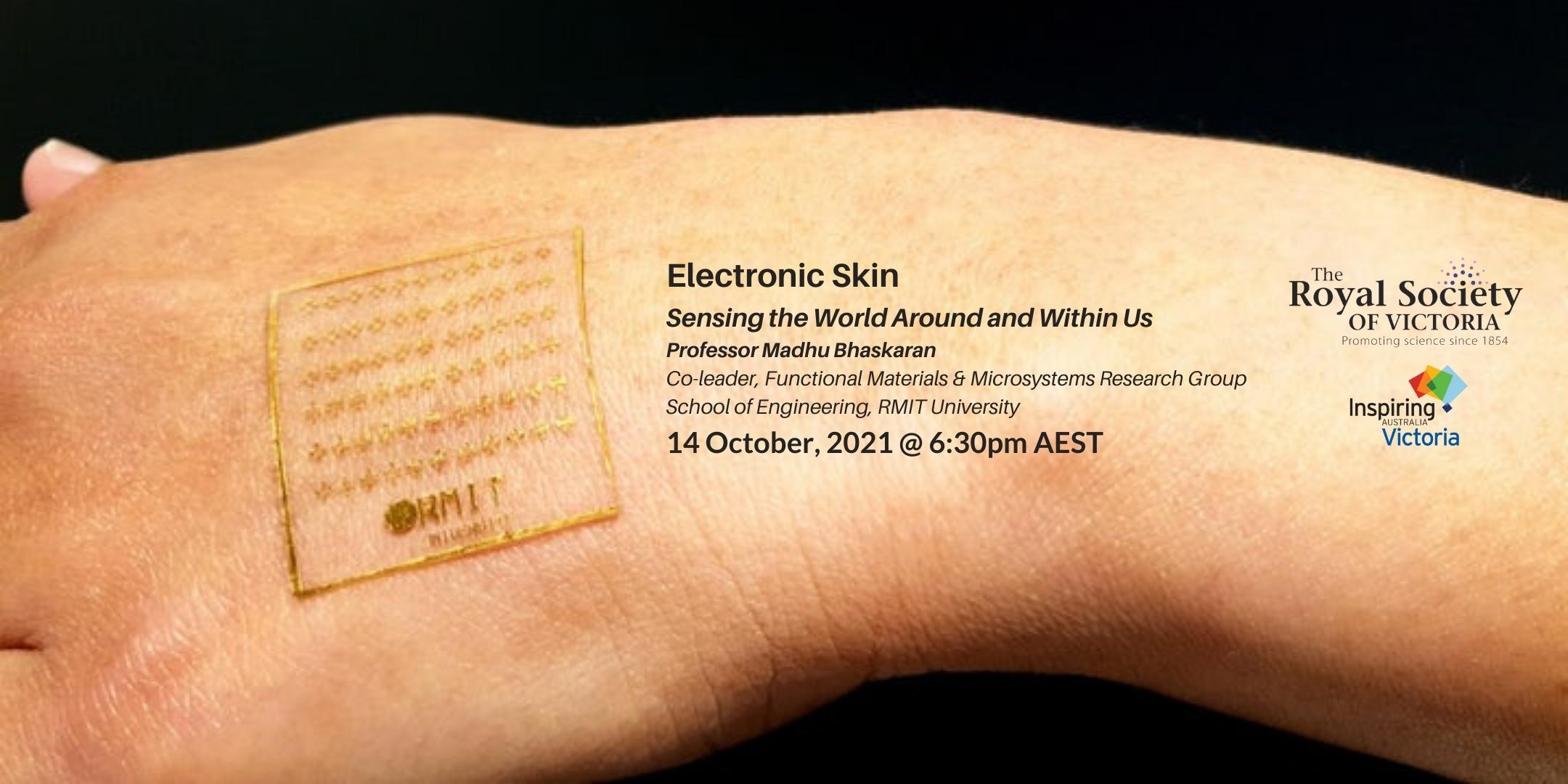Researchers at RMIT University have developed a prototype to mimic real human skin to work as a viable alternative to invasive skin grafts and conventional prosthetics.
Bioelectronics is the concept of interfacing directly with the body's own nervous system to monitor physiological signals and, as needed, modulate the electrical activity within the nervous system to alleviate symptoms of diseases. The first generation of bioelectronic systems are now treating a number of disorders, with perhaps the most familiar being cardiac pacemakers that aim to maintain a healthy heart rhythm. Pacing systems are deployed in hundreds of thousands of patients today, and reinforce the potential for bioelectronic medicine to restore health.
Expanding bioelectronics to neurological disorders like epilepsy, chronic pain and dementia is an exciting but challenging opportunity. Despite the clinical success in treating symptoms of diseases like Parkinson's, existing bioelectronic systems have several attributes that currently limit their adoption. For example, currently a skilled neurosurgeon is required to place the implant, and the device's output is relatively inflexible in contrast to the rapidly changing and reactive activity of the nervous system. Resolving these issues requires the complementary pursuit of technological innovation and scientific discovery.


